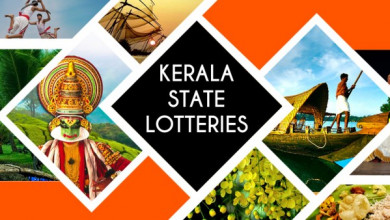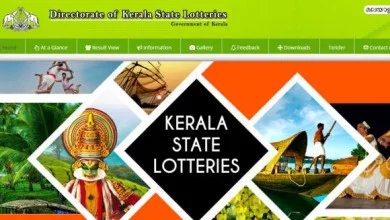Water Pollution

Water quality of different rivers in the country is being regularly monitored by agencies such as Central Pollution Control Board (CPCB), State Pollution Control Boards (SPCBs), Pollution Control Committees (PCCs) and Central Water Commission (CWC). Rivers in the country are mainly polluted due to discharge of untreated and partially treated sewage from cities/ towns and industrial effluents. Non-point sources of pollution like agricultural runoff, open defecation, runoff from solid waste dump sites, etc. also contribute to pollution of rivers. Based on the assessment of water quality, various measures are being taken both by the Central and the State Government organisations to prevent pollution of rivers. River cleaning is a continuous process and the Central Government assists State Governments and Urban Local bodies through schemes like ‘Namami Gange’ and National River Conservation Plan (NRCP) of Ministry of Jal Shakti as well as, Atal Mission for Rejuvenation and Urban Transformation (AMRUT) and Smart Cities Mission of Ministry of Housing & Urban Affairs, etc. NRCP has so far covered polluted stretches of 34 rivers in 77 towns spread over 16 States in the country with a sanctioned cost of Rs.5965.90 crore & sewage treatment capacity of 2522.03 million litres per day (mld) has been created. Under Namami Gange programme, a total of 335 projects has been sanctioned at a cost of Rs.29,578 crore so far, of which 142 projects have been completed and made operational. Out of 335 projects, 156 projects are in the sewerage sector for creation of total sewage treatment capacity of 4867 mld, and sewerage network of 5066 kms.
As per the Provisions of Environment (Protection) Act, 1986 and Water (Prevention & Control of Pollution), Act 1974, industrial units are required to install effluent treatment plants (ETPs) and treat their effluents to comply with stipulated environmental standards before discharging into river and water bodies. Accordingly, CPCB, SPCBs and PCCs monitor industries with respect to effluent discharge standards and take action for non-compliance under provisions of these Acts.
Besides, in compliance of the orders of National Green Tribunal in OA No.673/2018, concerned States/ Union Territories(UTs) are implementing Action Plans for restoration of water quality in the identified polluted stretches of rivers in their respective States/UTs. River Rejuvenation Committees (RRCs) have been constituted by State Governments/UTs for preparation and implementation of approved Action Plans and a Central Monitoring Committee (CMC) has been constituted at Central level to monitor progress of implementation.
This information was given by the Minister of State for Jal Shakti & Social Justice and Empowerment Shri Rattan Lal Kataria in Lok Sabha today.



